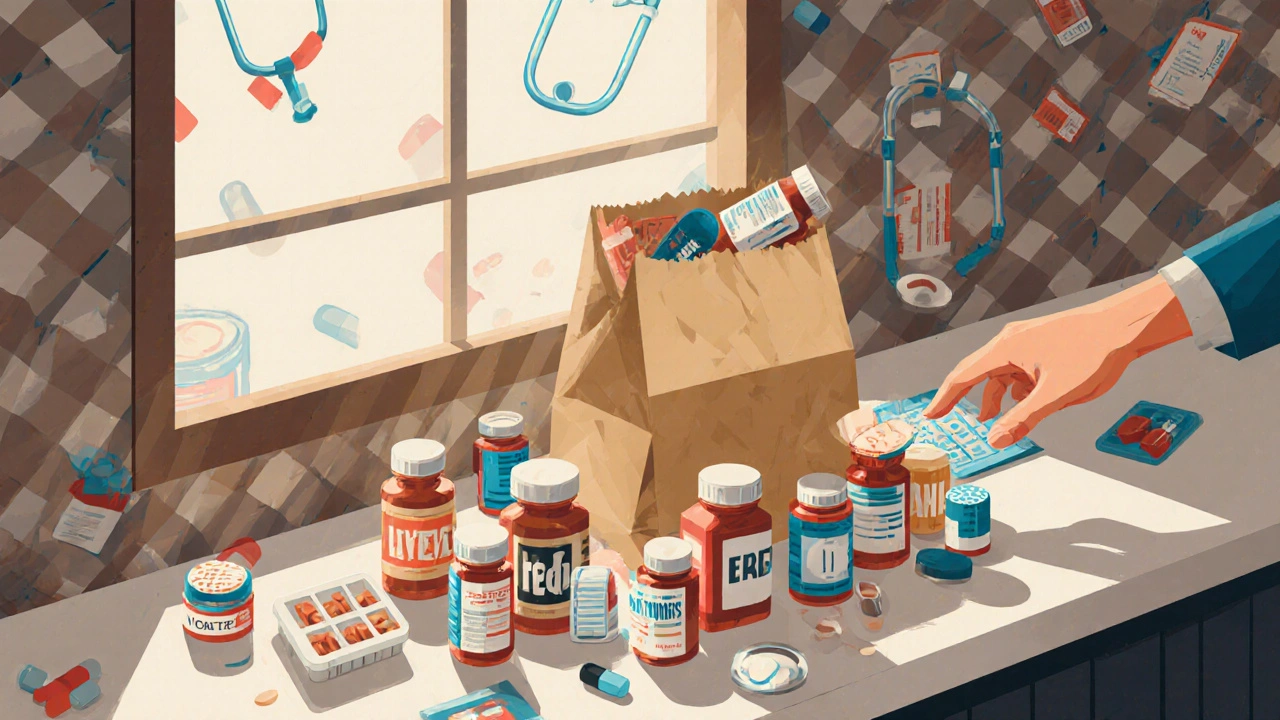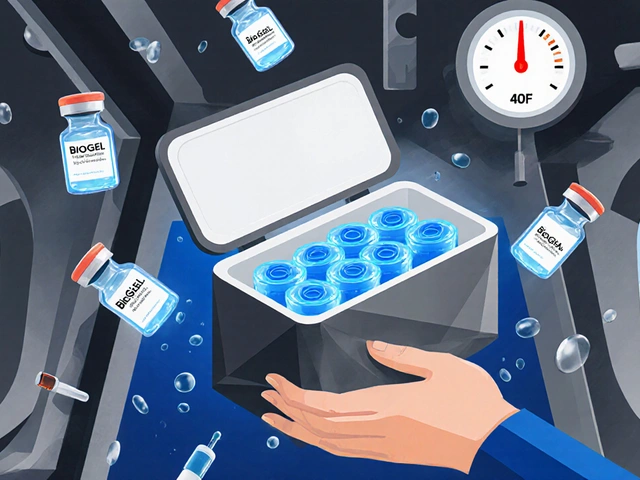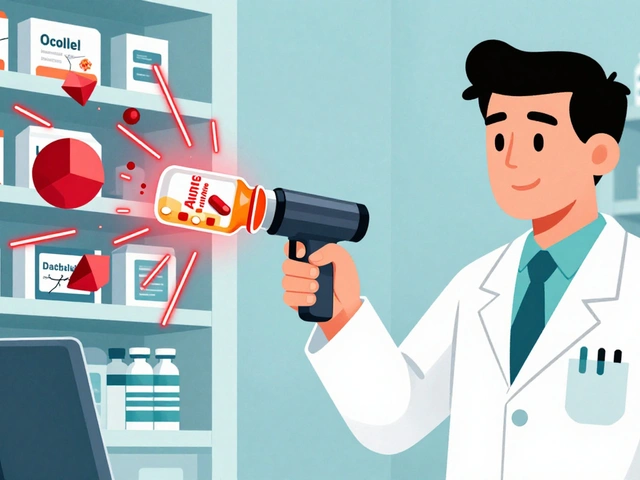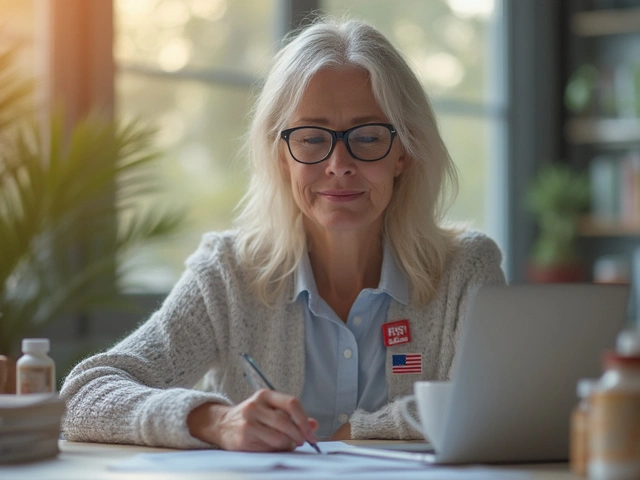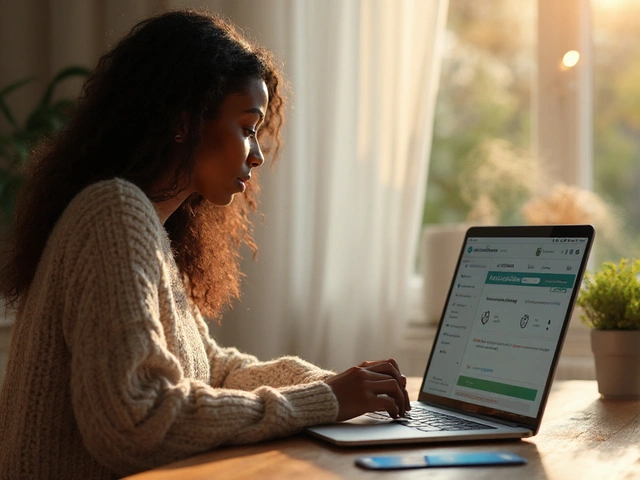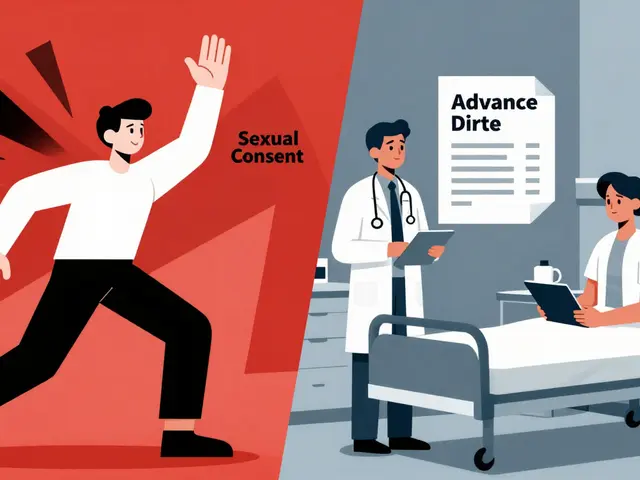Pill Organization: Simple Ways to Manage Medications Correctly
When you’re juggling multiple pills a day, pill organization, the system of sorting, storing, and tracking medications to ensure correct dosing and timing. Also known as medication management, it’s not just about keeping bottles tidy—it’s about staying alive. A missed dose, a double dose, or mixing up drugs can lead to serious harm, especially with blood thinners, diabetes meds, or heart medications. You don’t need fancy gadgets. You just need a clear plan.
Pill splitter, a simple tool used to divide tablets into accurate halves or quarters. Also known as tablet cutter, it’s essential if you’re taking half-doses to save money or reduce side effects. But not all pills can be split—extended-release, enteric-coated, or capsule forms can become dangerous if crushed or broken. Always check with your pharmacist first. Then there’s the pill organizer, a compartmentalized container that sorts meds by day and time. Also known as medication tray, it’s one of the most effective tools for people on five or more daily medications. Studies show users of pill organizers are 30% more likely to take their drugs correctly. But even the best organizer fails if you don’t fill it right. Mixing up a blood pressure pill with a thyroid med? That’s a hospital visit waiting to happen.
People often ignore pill organization until something goes wrong—like forgetting a dose before surgery, or accidentally taking two antidepressants because the bottles looked alike. That’s why the best systems are simple, visible, and tied to daily habits. Keep your organizer next to your toothbrush. Use alarms on your phone labeled with the drug name, not just "morning pills." If you’re helping an older relative, write the drug name and purpose on each compartment with a marker. Don’t rely on color or shape. Those change between brands. And never, ever leave pills in the bathroom. Heat and moisture ruin them. Store them in a cool, dry place—like a kitchen cabinet, not above the sink.
Some medications need special handling. Crushing pills can be risky if you’re exposing yourself to chemotherapy drugs or hormones. That’s why caregivers need to know about medication contamination, the accidental exposure to hazardous drug particles during splitting or crushing. Always wash your hands, use a dedicated tool, and clean surfaces afterward. If you’re unsure, ask your pharmacist. They’ve seen it all.
What you’ll find in these posts isn’t theory—it’s real advice from people who’ve been there. How to safely split pills without losing half the dose. Why some pill organizers are useless because they’re too complicated. What to do when your meds change and your old system no longer works. How to handle pills when you’re traveling or in the hospital. And how to avoid the most common mistakes that send people to the ER.
